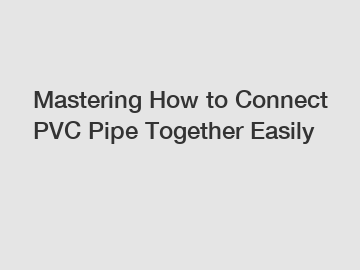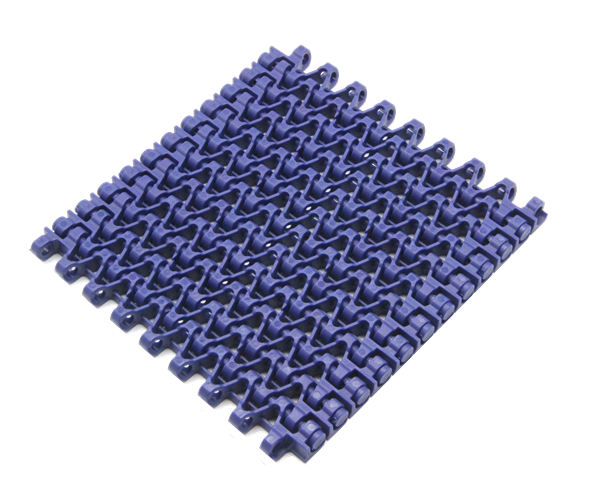PCR Packaging: The Ultimate Guide for Sustainable Packaging Solutions
## PCR Packaging: The Ultimate Guide for Sustainable Packaging Solutions.
1. What is PCR packaging?
PCR (post-consumer recycled) packaging is made from materials that have been previously used and recycled by consumers. These materials can include items such as plastic bottles, paper, and aluminum cans. PCR packaging helps reduce the amount of waste sent to landfills and conserves natural resources by giving new life to materials that have already been produced.
2. How is PCR packaging manufactured?
The process of manufacturing PCR packaging involves collecting used materials from consumers through recycling programs. These materials are then sorted, cleaned, and processed into pellets or flakes. These pellets or flakes are then melted down and formed into new packaging materials, such as bottles, containers, or bags. The finished PCR packaging products can be used for a variety of applications, from food packaging to household goods.
3. What are the benefits of using PCR packaging?
Recommended article:Revolutionizing the Industry: Recycled Plastic Innovations
Can polypropylene be recycled effectively? Yes, polypropylene can be recycled through various methods such as mechanical recycling, chemical recycling, and upcycling. It is important to check with loc
Revolutionizing Fashion: Reimagining Recycled PS Plastic?
The Sustainable Choice: Recycled Polypropylene Plastic Material
4 Tips to Select a Water Bottle Can Polypropylene Be Recycled
Revolutionizing Eco-Friendly Packaging with Recycled Polystyrene: Which Brands Will Lead the Charge?
4 Advice to Choose Recycled Polystyrene Plastic in Hong Kong
Using PCR packaging has numerous benefits for both businesses and the environment. PCR packaging helps reduce the demand for virgin materials, such as oil and natural gas, which are typically used to produce traditional packaging. This helps conserve natural resources and reduce greenhouse gas emissions. Additionally, PCR packaging helps divert waste from landfills, reducing the amount of waste that ends up in the environment. By using PCR packaging, businesses can also demonstrate their commitment to sustainability and attract environmentally conscious consumers.
4. Are there any challenges associated with PCR packaging?
While PCR packaging offers many benefits, there are some challenges associated with its use. One challenge is the availability of high-quality PCR materials. The quality of PCR materials can vary depending on the recycling process and the source of the materials. Ensuring a consistent supply of high-quality PCR materials can be a challenge for manufacturers. Additionally, there may be limitations on the types of products that can be effectively packaged using PCR materials, as certain products may require specific material properties that are not easily achieved with PCR materials.
In conclusion, PCR packaging offers a sustainable and environmentally friendly alternative to traditional packaging materials. By utilizing PCR packaging, businesses can reduce their environmental impact, conserve natural resources, and attract environmentally conscious consumers. While there are challenges associated with PCR packaging, the benefits far outweigh the drawbacks, making it an attractive option for businesses looking to adopt more sustainable packaging solutions.
Contact us to discuss your requirements of Plastic Waste Management Company, PP Plastic Recycling, pcr plastics. Our experienced sales team can help you identify the options that best suit your needs.
Recommended article:What is the current price for recycled PS plastic material?
Exploring PCR Plastic Innovations in Hong Kong
Oil & Gas Poly Pipe vs. Steel Pipe: Which Wins?
Why Should We Emphasize Eco-Friendly Poly Pipes?
How to Choose the Best Dual Wall?
Exploring the Benefits of Dual Wall Technology
The Advantages of Implementing Solar Energy Technology in Urban Planning







